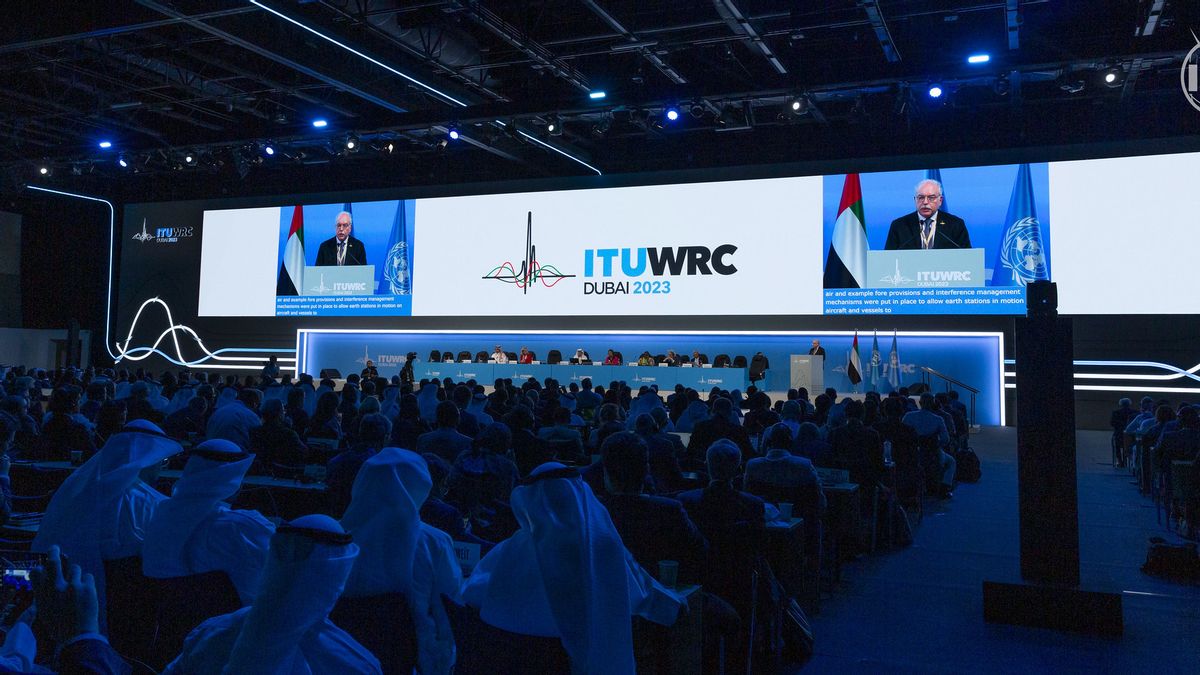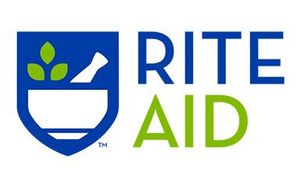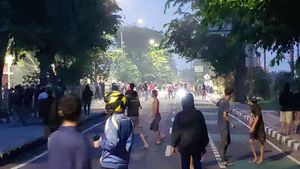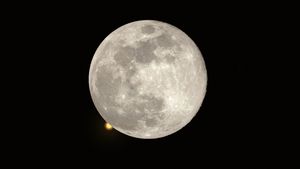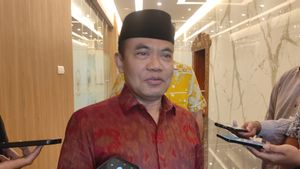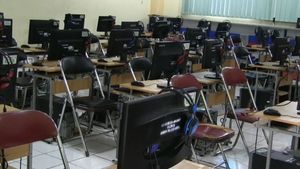JAKARTA - The International Telecommunication Union (ITU), a special agency of the United Nations (UN), held an intensive discussion at the World Radiocommunication Conference (WRC) in Dubai.
After holding a global forum for four weeks, the WRC finally adopted an agenda regarding the protection of radio quiet zones and radio telescopes from interference from large satellite constellations. This agenda will be discussed in 2027.
The SKA Observatory (SKAO), the organization that owns the world's largest telescopes, was present at the forum and said that the WRC had taken a significant decision to protect radio astronomy from harmful interference.
“The last time there was an agenda regarding radio astronomy was more than a decade ago. So, this really shows the significant profile and attention that astronomy is getting from international bodies like the UN,” said SKAO Spectrum Manager, Federico Di Vruno.
Before discussing this agenda in 2027, all telecommunications institutions, the radio astronomy community, and the satellite industry within the WRC need to understand the impact of large satellite constellations on radio astronomy locations.
SEE ALSO:
With a strong understanding, this meeting held by ITU can focus on identifying regulatory protections related to frequency bands that need to be allocated for radio astronomy as well as international protections for radio quiet zones.
“We will continue to advocate through the ITU and other bodies such as COPUOS as well as in our discussions with industry regarding mitigation and regulations that help ground-based astronomy develop alongside satellite constellations,” said Vruno.
This year, the WRC was held with delegates from ten national governments, including Australia, Canada, Chile, China, Germany, France, Japan, South Africa, Tonga and the United States.
Apart from government delegations, the WRC also presented observers such as SKAO, the European Committee for Radio Astronomy Frequencies (CRAF), and the Scientific Committee on Frequency Allocation for Radio Astronomy and Space Science (IUCAF).
The English, Chinese, Japanese, Arabic, and French versions are automatically generated by the AI. So there may still be inaccuracies in translating, please always see Indonesian as our main language. (system supported by DigitalSiber.id)
